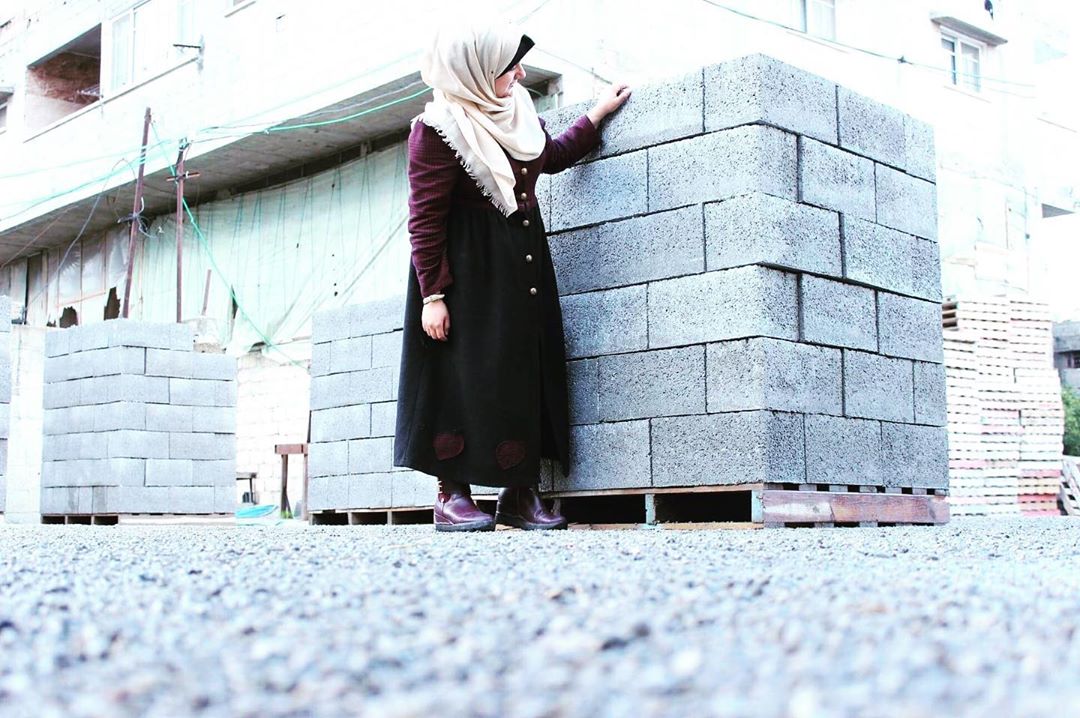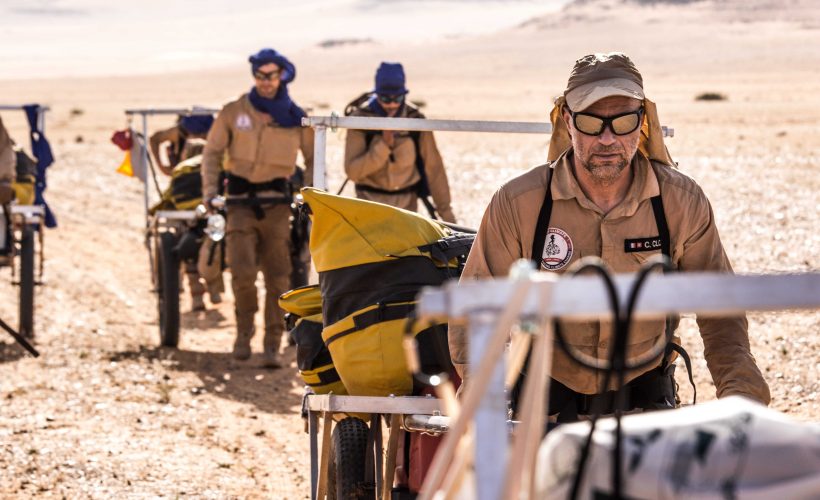Tech & Business
10.22.2019
Five green initiatives in the Arab world

Not only Greta Thunberg is concerned about climate change and the state of the ecological emergency of our world. Arab societies also have some young and strong women, determined to counter the global warming effects.
If the last reports delivered by the UN different agencies about the environment are quite alarming and show the necessity for its countries to act quickly against global warming, the rest of the world is not left behind. Especially in the Middle East where members of civil society are emerging to change the situation. Focus on some of these initiatives:
Rania Rafie transforms Egyptian plastic bags into fashion accessories
In a country like Egypt where the population has more than 100 million people, waste management is a central issue. In order to face this issue, an Egyptian product designer, Rania K. Rafie decided to co-create Up-fuse in 2013. This social enterprise transforms the plastic bags dumped in the streets of Cairo, in sustainable and ethical fashion accessories. In partnership with the NGO “Roh al Shabab”, she works with the communities of Manshiyet Nasr, a popular district of Cairo known for its Coptic Christian community, the Zabbaleen (“the garbage people”), which have developed a sophisticated waste management system for several years. The website of the brand now offers a wide collection of backpacks, bags, sports bags but also a tote bag whose income comes back to the association.
Majd Mashharawi, solar panels to provide electricity for Gaza residents
Born in Gaza, Majd Mashharawi is a young civil engineer who worked for a long time as an international coordinator for NGOs. At only 25, she has already founded two social enterprises: Greencake, a company that produces environmentally friendly bricks made from ashes rather than cement, which is limited from importations since the Israeli blockade. But also Sunbox, a society that manufactures solar panels in order to provide electricity for people in Gaza during the daily power shortages. Much less expensive than ordinary generators, they respond to a problem both environmental and social, reducing the gap of social inequalities between richer and poorer people who cannot always finance generators.
Sarah Toumi, acacias for the prosperity of Tunisian farmers
Tunisia has been experiencing a phenomenon of “desertification” for several years, which is seriously affecting its ecosystem and the livelihoods of its rural populations. Indeed, the desert moves forward each year in the fertile lands, forcing the farmers to move in the cities not to see their harvests destroyed and invaded by the sand. Realizing the economic impact of this phenomenon on her own grandparents in the village of Bir Sahar, Sarah Toumi decided to launch Acacias for all in 2016, a social enterprise that plant acacias along the fields. A way to create a “green wall” preventing the wind from passing (when the acacias get big), but also to make the soil richer and to recover all its biodiversity. This initiative also supports women farmers through educational training, by allowing them to sell their products at an ethical and fair price, which creates jobs in villages where unemployment can reach 80%. A project that Sarah Toumi intends to apply in Algeria to Morocco to create prosperity for all populations in North Africa.
Joslin Kehdy, raising awareness about recycling and the environment
Joslin Kehdy is Lebanese but grew up in the United States and spent a lot of time in Hawaii. Proximity to nature that surely affected her desire to get involved in environmental preservation, when she settled in Lebanon. In 2015, the country finds itself in the midst of the waste crisis and of a massive campaign launched by civil society against the government, “You stink” (you stink). A chaotic situation during which Joslin Kehdy decides to start her own NGO: Recycle Lebanon. The association includes actions on the ground such as the BalaPlastic movement, which encourages citizens to clean their country and to tag themselves on Instagram, like the ice bucket challenge. As well as education and awareness campaigns like “health is wealth”, launched in Lebanese schools and villages. It also supports the creation of a circular economy with a system of the virtual and physical souk to track the products from producer to the final consumer. A set of initiatives supported on an online platform which delivers reports, analysis, information about NGOs but also connect people who want to take action.
popular

